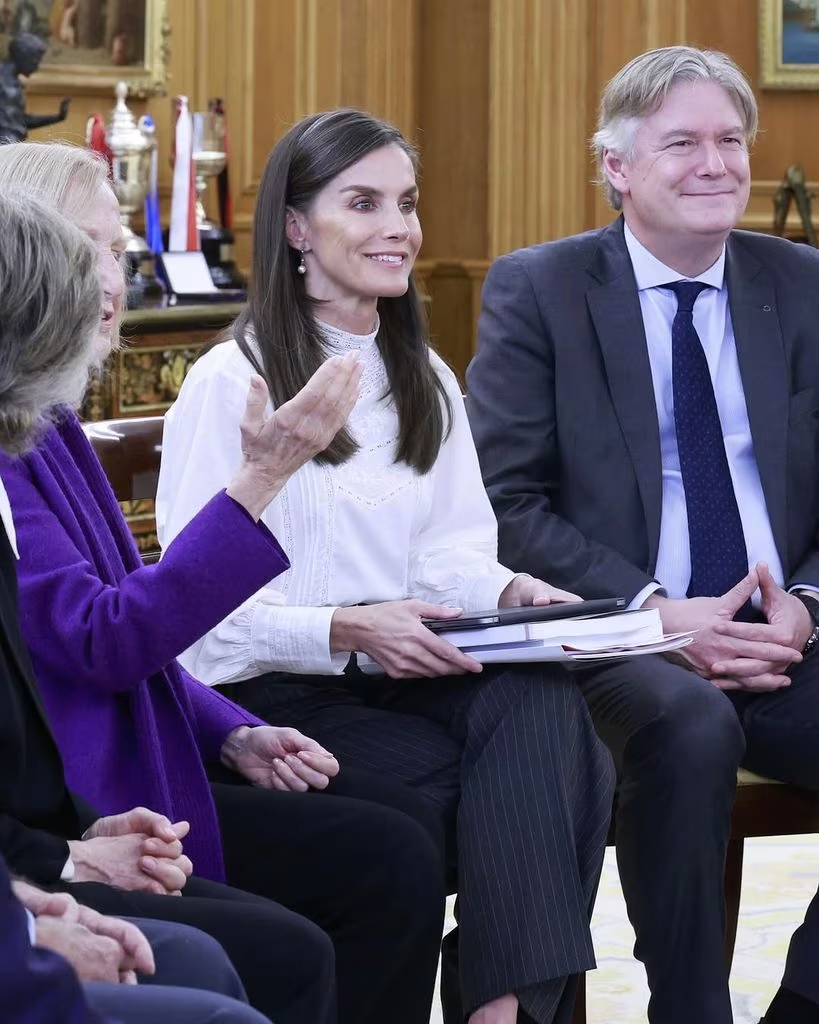The Telegraph in an article revealed that Russia is using private militias to control and “weaponise” immigration into Europe.
The Kremlin has influence over a number of the main routes into the continent and border police are warning that, with the arrival of spring, Russia is likely to “intensify” its efforts to move migrants.
It has been widely feared that Vladimir Putin is using the tactic to destabilise Europe.
The Telegraph has now seen intelligence documents detailing plans for Russian agents to set up a “15,000-man strong border police force” comprising former militias in Libya to control the flow of migrants.
A security source said: “If you can control the migrant routes into Europe then you can effectively control elections, because you can restrict or flood a certain area with migrants in order to influence public opinion at a crucial time.”
It comes as migration is set to be a key issue in the general election.
A failure to control the number of migrants coming to the UK is already seen as a major weakness for Rishi Sunak, who is struggling to push through a scheme to deport illegal migrants to Rwanda to stop the flow of small boats across the Channel.
A surge of migrants into Europe this winter prompted by Putin could lead to an increase in small boats crossing this summer, when people smugglers make use of the better weather to send people across the Channel, putting Mr Sunak under further pressure.
Frontex, the EU’s border police, says it has seen Russia using migration “as a lever in a larger game of influence and pressure”.
The agency is warning that an increasingly isolated Putin choosing to move migrants to Europe’s doorstep – both along Russia’s eastern borders and through proxies in the south, including in Africa – is a major threat to security for 2024.
Mercenaries including the Wagner group have been fuelling migration by increasing instability and violence in parts of Africa under their control and by physically moving migrants to the borders and supporting smugglers, experts say.
Russia’s plans to set up a Libyan militia, as seen by The Telegraph, fell through when payments due to be made via the “the Russian-Libyan cultural institute” in Moscow were never made. No record of such a company exists.
However, thousands of Wagner mercenaries have been fighting in Libya’s civil war since at least 2019 for Russia ally General Khalifa Haftar, and the group has a stronghold in the region.
Antonio Tajani, Italy’s deputy prime minister, has said that Rome has intelligence that the mercenaries “are very active and in contact with trafficking gangs and militia interested in migrant smuggling”.
His government has blamed a surge in the number of migrants crossing the Mediterranean on Wagner, whom they accuse of waging “hybrid warfare”.
The largest increase in migrants last year was through that central Mediterranean route, according to Frontex, which noted that at 380,000, the number of irregular border crossings in 2023 was at its highest since 2016.
Women and children accounted for only 20 per cent of the total, the data show.
Frontex recorded more than 62,000 onward crossings toward the UK.
Amid growing tensions over the conflict between Israel and Gaza, Russia has also been strengthening its ties with Tunisia, another major source of migrants into the central Mediterranean.
Russian mercenaries are already known to be active across Africa, including in the Central African Republic, Mali and Sudan.
In its latest risk report, Frontex warns: “Given the extent of hostility between Russia and the West and the reduced interdependence between them, the likelihood of the instrumentalisation of migrants by Russia and Belarus has increased.
“Importantly, the instrumentalisation of migrants may not only be limited to the eastern land borders as Russia’s allies and proxies to the south and south-east could be leveraged.”
EU law defines “instrumentalisation of migrants” as a situation where another country “instigates irregular migratory flows… by actively encouraging or facilitating the movement” of migrants to the borders in order to “destabilise” the EU or a member including putting at risk “its territorial integrity, the maintenance of law and order or the safeguard of its national security”.
The European Parliament is in the process of passing an “emergency migration and asylum management procedure” to deal with the “highly worrying phenomenon” of “the increasing role of state actors in artificially creating and facilitating irregular migration, using migratory flows as a tool for political purposes”.












